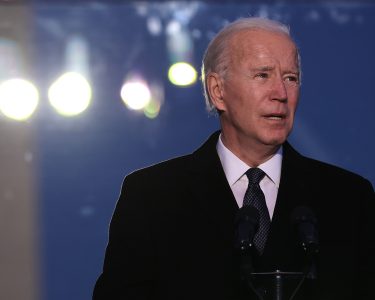The role of youth in American politics has been a topic of much discussion in recent years. From organizing for social justice to mobilizing for political change, young people are increasingly taking an active role in shaping the political landscape. Here’s a closer look at some of the key issues and challenges surrounding the role of youth in American politics:
- Youth engagement: Despite their growing interest in politics, young people continue to have lower levels of voter turnout than older adults. This can be attributed to a variety of factors, including a lack of civic education and engagement, as well as barriers to accessing the voting process. Addressing these issues will require a commitment to expanding access to civic education and encouraging young people to take an active role in their communities.
- Social justice activism: Young people have been at the forefront of social justice activism in recent years, from the Black Lives Matter movement to climate change activism. These movements have helped to bring important issues to the forefront of national discourse, and have led to important changes in policy and practice. However, young activists also face backlash and resistance from those who oppose their message, and must navigate complex political and social dynamics in order to effect change.
- Political campaigns: Many young people are becoming increasingly involved in political campaigns, both as volunteers and candidates. This can help to bring fresh perspectives and new ideas to the political process, but it can also be challenging to navigate the complex and often partisan nature of American politics. Young candidates and campaign staffers must work to overcome age-related stereotypes and build coalitions with a diverse array of voters.
- Intersectionality: Young people are increasingly recognizing the ways in which issues like race, gender, and sexuality intersect with politics and policy. This has led to a growing focus on intersectionality, or the idea that different forms of oppression are interconnected and must be addressed together. Young activists and politicians are working to build coalitions across different identities and experiences in order to create a more just and equitable society.
- Future leadership: As the Baby Boomer generation begins to retire from politics, there will be increasing opportunities for young people to take on leadership roles. However, there are concerns about the lack of diversity and representation among current and future leaders, as well as the need for more mentorship and support for young people entering politics.
As young people continue to play an increasingly active role in American politics, it will be important to address the challenges and opportunities that come with this engagement. By supporting youth civic education and engagement, building coalitions across identities, and nurturing the next generation of political leaders, we can create a more vibrant and inclusive political system that reflects the diversity and energy of our nation’s youth.




